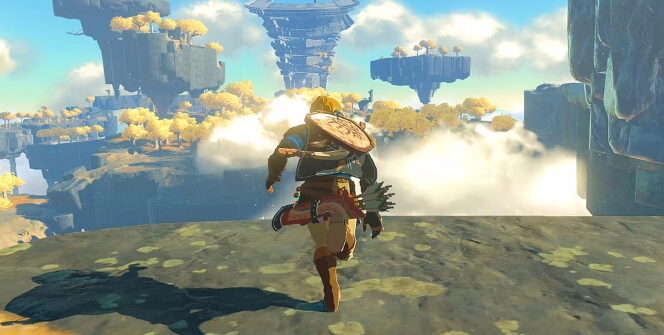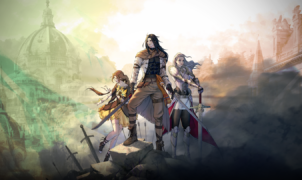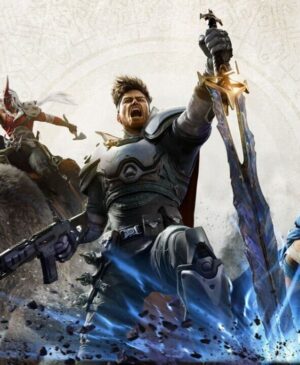The same team was behind Yuzu, which emulates Nintendo Switch games, and Citra, which runs 3DS titles.
Development of the Yuzu emulator was stopped by Nintendo, but the Japanese publisher did not expect the code of the open source project to be “forked”: it will continue under a different name. Hence the birth of Nuzu and Suyu (the latter is as sue you, so it sounds a bit humorous). This means that the emulator scene refuses to spread its buttocks in front of the capital N. Even though Tropic Haze, the company behind Yuzu/Citra, is paying $2.4 million in damages, the Japanese company will not stop gamers.
“Yuzu and his team have always been against piracy. We started the projects in good faith, out of passion for Nintendo and its consoles and games, and had no intention of causing harm. But we now see that because our projects can circumvent Nintendo’s technological protection measures and allow users to play games outside of authorized hardware, they have led to widespread piracy. In particular, we have been deeply disappointed when users have used our software to leak game content before its release, ruining the experience for legitimate buyers and fans,” the developers wrote.
But, to the detriment of game preservation, as a side effect the Citra emulator has also disappeared: Nintendo shut down the eShop last March, so you CANNOT legally buy games digitally for the company’s previous handheld. If something didn’t get a retail (cartridge) release, emulation is the only way to go. Holly Nielsen, who is a ludologist (i.e. game historian), wrote on Twitter that she has much easier access to desktop games from the 1800s than to video games from a few years ago: “It’s very worrying that in many ways it’s easier for me to research games from the 19th century than it is to research digital games. Unless there is a flood or fire in the archive, the games I look at are relatively accessible and playable. This is not the case with many digital games. Just something to think about when it comes to emulation and preservation.
Accessibility expert Laura Kate Dale also noted that Citra was useful to gamers in need of accessibility, and its disappearance will be detrimental: “Citra, the primary 3DS emulator, being made unavailable is not only bad for preservation, but also for accessibility. Citra provided a method to play 3DS games on larger screens using accessibility-focused alternative input devices/controllers. On a system where you can no longer buy games digitally, piracy doesn’t hurt the bottom line. Losing Citra undoubtedly means that some disabled gamers will lose access to the opportunity to experience 3DS titles.”
And she’s right: how does an outdated platform hurt Nintendo’s financial position?
It’s very worrying that in many ways it is easier for me to research games made in the 19th century than it is to research digital games.
Unless there is a flood/fire at the archive, the games I look at are relatively accessible & playable. Not the case for many digital games.
— Holly Nielsen (@nielsen_holly) March 4, 2024
Citra, the primary 3DS emulator, being made unavailable sucks not only for preservation, but also accessibility.
Citra allowed a method for playing 3DS games on larger screens, using accessibility focused alternate input devices / controllers.
Its loss sucks for accessibility.
— Laura Kate Dale – Mastodon "@[email protected]" (@LaurakBuzz) March 5, 2024











![[TGA 2025] Star Wars: Galactic Racer Focuses on High-Stakes Podrace Runs [VIDEO]](https://thegeek.games/wp-content/uploads/2025/12/theGeek-Star-Wars-Galactic-Racer-302x180.jpg)




Leave a Reply